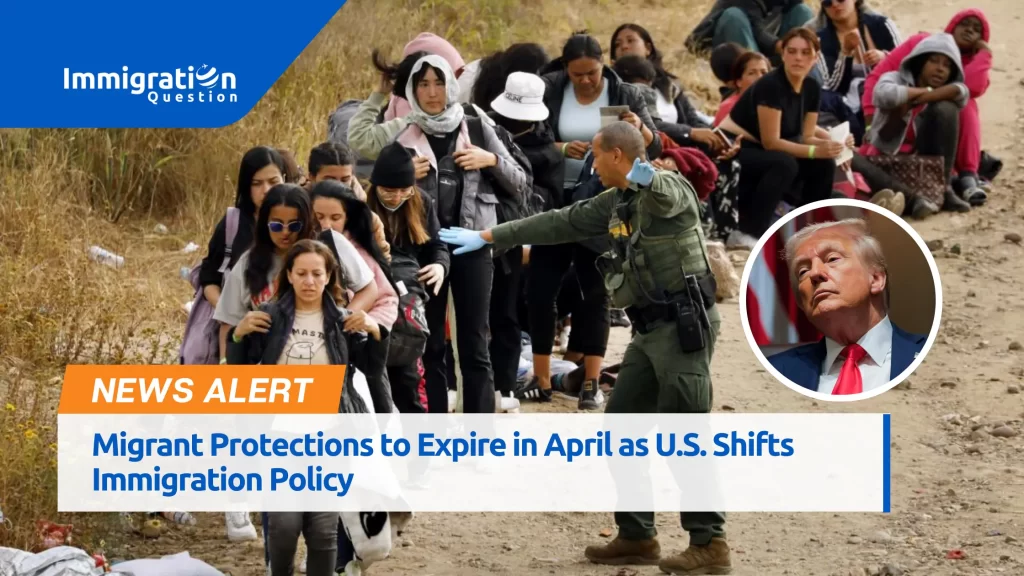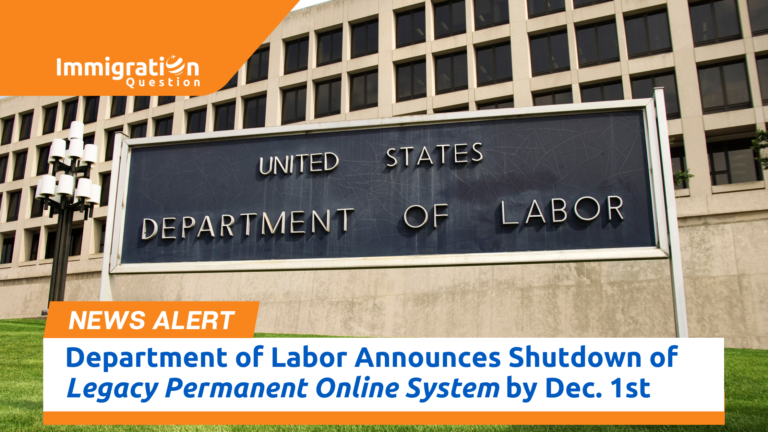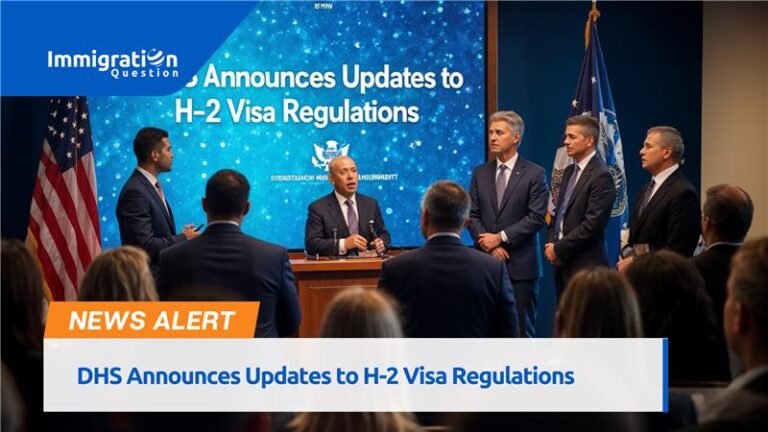President Trump is set to revoke the legal status of over 500,000 migrants from Cuba, Haiti, Nicaragua, and Venezuela. With their work permits and legal protections expiring in April, they are left with the option of self-deporting to avoid stricter actions from the administration. With the Department of Homeland Security (DHS) ready to enforce removals and the CBP app offering self-deportation, the impact of this Immigration Policy on immigrants remains unclear.
Policy Shift Targets Latin American and Haitian Migrants
The Trump administration has made public its intentions to revoke the legal status of over half a million migrants from Cuba, Haiti, Nicaragua, and Venezuela. These individuals were previously allowed to reside in the U.S. under the Biden-era sponsorship program, known as CHNV, which provided legal pathways to migrating to the U.S. to deter illegal border crossings. The Trump administration has now presented these immigrants with two options: leave voluntarily or face deportation.
End of Legal Protections and Work Permits
The Department of Homeland Security (DHS) has confirmed that these migrants will, lose their legal protections, and work permits by the end of April after a 30-day notice, which begins in March 2025. With the current state, affected individuals must either secure an alternative legal status or prepare to depart the U.S.
Enforcement and Self-Deportation Options
The administration has announced the strict enforcement of this new policy, emphasizing that anyone who fails to depart voluntarily will be arrested and deported by respective authorities. Migrants are encouraged to use the newly repurposed CBP Home app to simplify the self-deportation process. However, DHS has warned that it retains the power to detain and deport migrants before the 30-day deadline, especially those who fail to apply for asylum or other legal protections.
Government Justification for the Policy Shift
Officials argue that the CHNV program allowed migrants into the U.S. without properly vetting them and claim that it could put American workers at a disadvantage. The administration asserts that revoking the legal status aligns with its goal of restoring stricter immigration policies.
What’s Next: Migrant Protections to Expire in April as U.S. Shifts Immigration Policy
As this policy takes effect, concerns arise over its impact on the affected migrant communities. Advocacy groups warn that mass deportations could disrupt families and businesses. Additionally, the effectiveness of the CBP Home app remains uncertain as questions arise regarding whether migrants will choose it. There are still doubts about how well the CBP Home App will work and whether migrants will choose to leave voluntarily or risk deportation.
In the coming months, we’ll see how this policy shift shapes the immigration landscape and the responses from both migrants and advocacy organizations.
To stay updated and informed, watch our news section or drop your immigration questions on immigrationquestion.com and get responses from professional attorneys.










